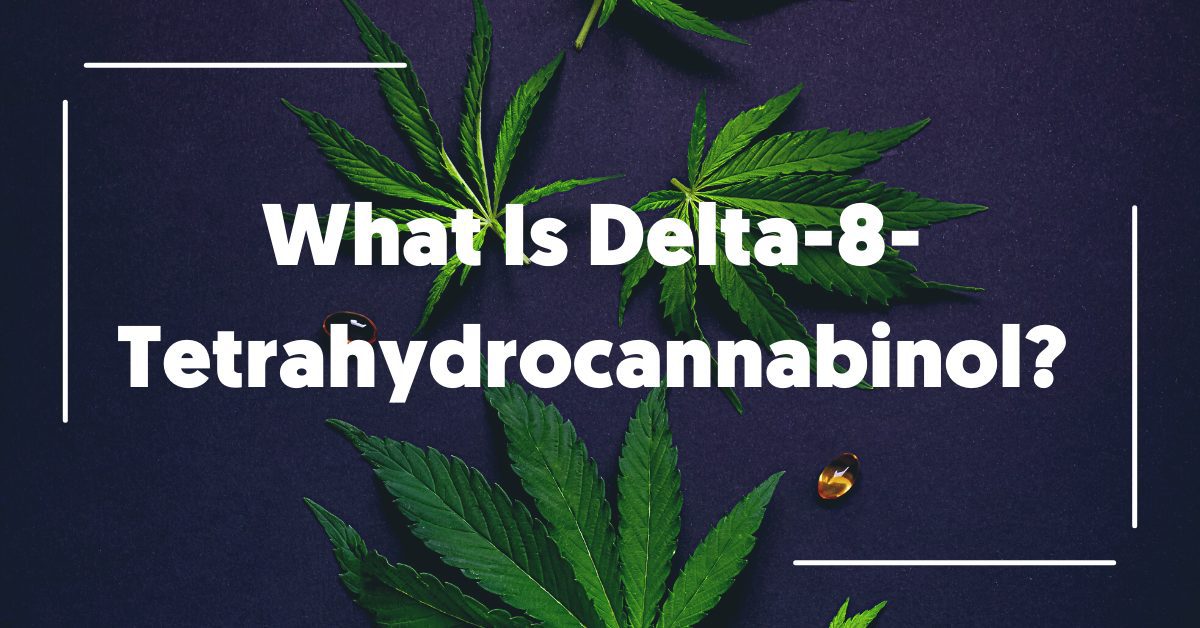What are the potential risks of Delta-8?
Several factors can influence the type and severity of the adverse effects of delta-8. However, since it has a similar structure with delta-9 THC, Delta-8 THC causes the same common side effects as delta-9 THC like:
- Dry mouth
- Anxiety
- Memory loss
- Red eyes
- Increased heart rate
Some adverse effects caused by delta-8 may also include decreased psychomotor activity, low blood pressure, and lethargy. Also, since the amount of delta-8 in hemp is low, it’s usually made with other chemicals.
Benefits of Delta-8
In essence, delta-8 THC is the middle ground between delta-9 THC and CBD. It gets you high, but will not give a strong high effect. It also offers several health benefits typical of cannabinoids including relief from pain, nausea, depression, and loss of appetite. According to the National Cancer Institute, delta-8 THC binds to CB1 and CB2 receptors in the endocannabinoid system in the body. The ECS is responsible for regulating bodily functions such as mood, appetite, and pain.
According to a study published in the Journal of Cannabis Research, in 1973, delta-8 THC and delta-9 THC were given to six research participants. The research concluded that delta-8 THC was about two-thirds as potent as delta-9 THC and provided the same effects such as relaxation and euphoria.
Another study published in the Journal of Cannabis suggested that in 1995, researchers found that delta-8 THC was a more stable compound than the more well-studied delta-9 THC. This was after giving delta-8 THC to eight pediatric cancer patients two hours before each chemotherapy session. None of the patients vomited following their cancer treatment.
However, as delta-8 THC’s popularity dramatically grew in recent years, more recent studies are needed to know its potential benefits.







